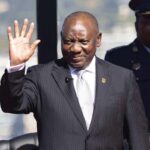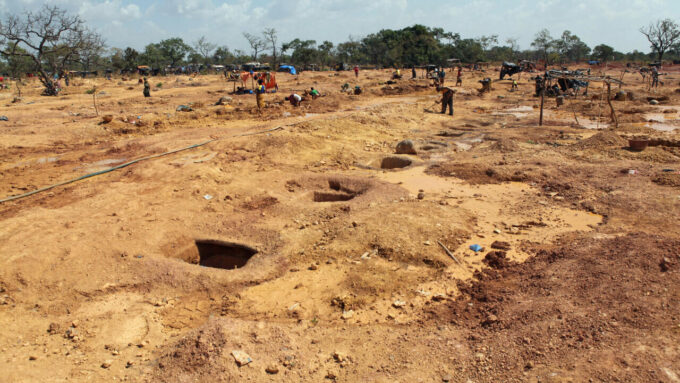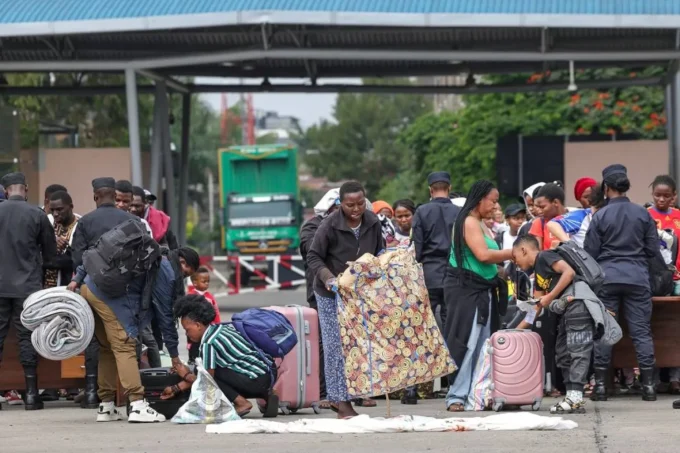South African President Cyril Ramaphosa extended his gratitude to the BRICS Business Council for its efforts in establishing a vibrant and evolving network of cooperation that has fostered economic growth, shared innovation, and mutual prosperity among member nations. Speaking at a recent BRICS summit, Ramaphosa praised the Council for its instrumental role in supporting and shaping business and investment opportunities that reflect the collective strength of Brazil, Russia, India, China, and South Africa.
In his remarks, Ramaphosa highlighted the council’s contributions toward achieving meaningful economic collaboration, stating, “The BRICS Business Council has not only become a driving force behind new investments but also a platform that embodies the spirit of cooperation we envisioned when this bloc was created. It is through these collaborative efforts that we are seeing measurable benefits that impact our industries, uplift our people, and contribute to global stability.”
Established in 2013, the BRICS Business Council was designed to enhance trade, investment, and industrial ties among the five member nations. Since then, the council has served as a key bridge, connecting businesses across continents and sectors, catalyzing the flow of resources, knowledge, and technology across borders. Ramaphosa emphasized that this network has contributed to tangible progress across diverse fields, from infrastructure development and agriculture to digital transformation and renewable energy.
For Africa, the council’s role in building infrastructure and advancing trade partnerships has been particularly beneficial. Ramaphosa pointed to the importance of facilitating growth that reaches beyond urban centers to rural areas, where infrastructure investments can transform lives by connecting people with markets, education, and healthcare services. These efforts align with Africa’s own development agenda, which emphasizes regional integration, economic diversification, and inclusive growth.
“The council’s focus on creating sustainable infrastructure projects, especially within the transport and energy sectors, has been vital for African economies,” Ramaphosa said. He pointed out that these infrastructure initiatives not only boost economic productivity but also create resilient, self-sufficient communities across the continent. Africa’s infrastructure needs remain vast, and Ramaphosa expressed confidence that the council’s initiatives can help address these gaps, enabling the continent to harness its full economic potential.
Ramaphosa also acknowledged the council’s forward-looking approach to technology and innovation. With the rise of digital economies, he noted that the BRICS Business Council has played an essential role in advancing digital solutions and fostering a culture of innovation across BRICS countries. This commitment to technology, he said, is especially critical as African nations seek to leapfrog into a digital era, enhancing financial inclusion, empowering small businesses, and building a tech-savvy workforce.
As digital transformation reshapes the global economy, Ramaphosa stressed the importance of responsible technology sharing within the BRICS network, where nations can learn from each other’s successes and adapt technologies to their unique contexts. He called on the council to deepen its focus on knowledge exchange, particularly in the fields of digital finance, agritech, and renewable energy, all of which are crucial for sustainable development in Africa.
Another area where the BRICS Business Council has been influential is in promoting trade policy coherence among member nations. Ramaphosa lauded the council’s efforts in advocating for fair trade practices and reducing barriers to commerce. He highlighted that the council’s contributions have made a significant difference for African exporters, facilitating access to markets within BRICS nations and boosting Africa’s participation in global trade.
“The BRICS Business Council has successfully reduced trade bottlenecks, making it easier for African products to reach BRICS markets,” Ramaphosa noted. He believes that the council’s ongoing work in this area is essential to achieving a balanced trade environment that respects each nation’s economic interests and development goals.














Leave a comment